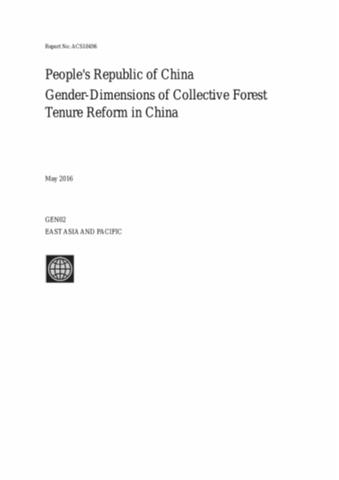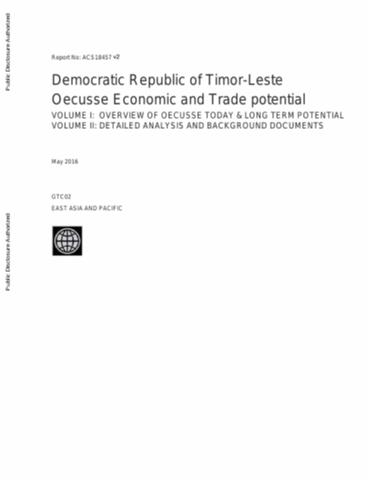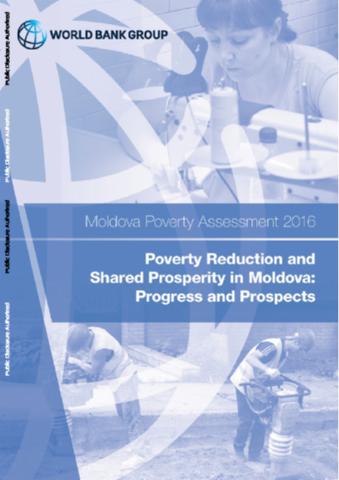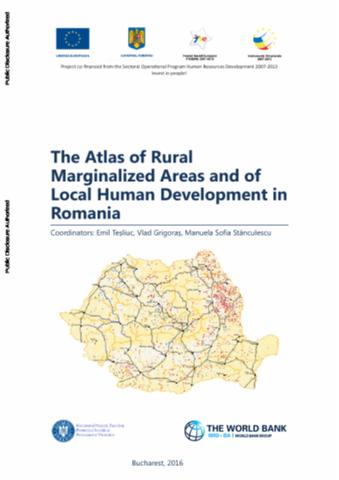Are Gender Differences in Performance Innate or Socially Mediated?
To explain persistent gender gaps in
market outcomes, a lab experimental literature explores
whether women and men have innate differences in ability (or
attitudes or preferences), and a separate field-based
literature studies discrimination against women in market
settings. This paper posits that even if women have
comparable innate ability, their relative performance may
suffer in the market if the task requires them to interact






